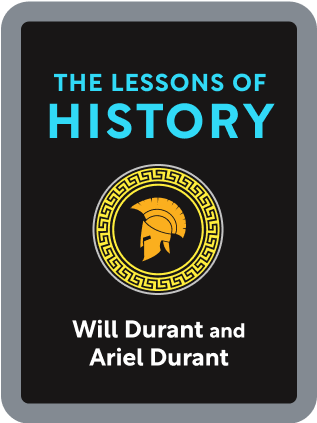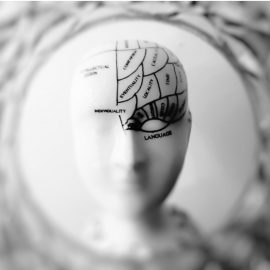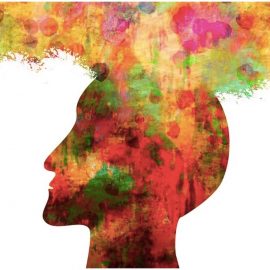

This article is an excerpt from the Shortform book guide to "The Lessons of History" by Will Durant and Ariel Durant. Shortform has the world's best summaries and analyses of books you should be reading.
Like this article? Sign up for a free trial here .
What is the relationship between geography and history? How is civilization impacted by the physical structure of the earth?
In The Lessons of History, eminent historians Will and Ariel Durant offer their perspectives on these interesting questions. They discuss geography and history, revealing a few lessons that historical patterns can teach us about the development of civilizations.
Read more to learn about the relationship between geography and history.
History and the Earth
What is the connection between geography and history? Geography is the physical structure that holds history.
Water has always been a powerful force in human history. Civilization habitually develops along waterways – rivers, lakes, oceans. Water provides life and offers inexpensive routes of transport and trade. Here are a couple of examples from history:
- Egypt and Nile, India and Ganges, Italy and the Tiber/Arno/Po, France and the Rhone
- For 2000 years the Mediterranean hosted the battles of the “white man’s ascendancy.”
In recent history, the airplane neutralizes some of the advantages that waterways provide. This has allowed inland countries such as Russia, China, and Brazil to develop.
Outside forces such as climate no longer control humans. However, they do limit us. And we are still at the mercy of these larger geographical and geological forces. For example, in a moment, an earthquake can destroy a city that took two centuries to build.
While there is a meaningful relationship between geography and history, at the end of the day, man is the one that makes civilization by transforming the possibilities into fact.

———End of Preview———
Like what you just read? Read the rest of the world's best book summary and analysis of Will Durant and Ariel Durant's "The Lessons of History" at Shortform .
Here's what you'll find in our full The Lessons of History summary :
- What we can learn from studying 5,000 years of history
- How human nature hasn’t changed over thousands of years
- Why all civilizations, including ours, fall, and why we shouldn’t cry about it






